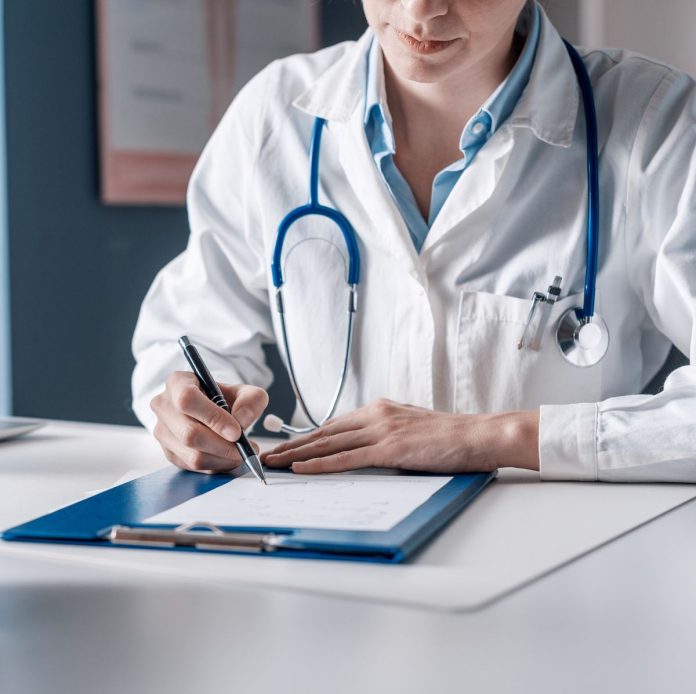For the first time ever, patients who need prescription medication will be able to get it directly from a pharmacy, without a GP appointment, for seven common conditions including earache, sore throat, or urinary tract infections by next winter
The Government plans published today sets out actions to improve access to care, better support patients to manage their own health, and to modernise general practice for future generations.
Almost half a million women will no longer need to speak to a practice nurse or GP to access oral contraception and will instead be able to pop into their local pharmacy for it.
Tens of thousands more people will be at lower risk of a heart attack or stroke, with the NHS more than doubling the number of people able to access blood pressure checks in their local pharmacy – 2.5 million, up from 900,000 carried out last year.
The actions set out in the plan are expected to free up around 15 million GP appointments over the next two years for patients who need them most.
Ending the 8am ‘rush’ for appointments is a key part of the plan, with no patient having to wait on hold only to be told to call back another day for help.
This will be supported by investment in better phone technology for GP teams enabling them to manage multiple calls and redirect them to other specialists, such as pharmacists and mental health practitioners, if more suitable. During trials, this has increased patients’ ability to get through to their practice by almost a third.
Extra training will also be provided to staff answering calls at GP practices, so that people who need to see their family doctor are prioritised while those who would be better seen by other staff such as physiotherapists or mental health specialists are able to bypass their GP.
In a significant new step, up to half a million people a year will be able to self-refer for key services, including physiotherapy, hearing tests, and podiatry, without seeing their GP first.
In the run up to the NHS’ 75th milestone birthday on 5 July, the new plan aims to support primary care services to continue to adapt and innovate to meet patients’ needs, with nine in ten people able to access their GP records, including test results, on the NHS App within the next year.
Demand for access is only going to increase with the number of people over 70, who are five times more likely to need a GP appointment than teenagers, growing by a third since 2010.
GP teams are already treating record numbers, with half a million more appointments delivered every week compared to pre-pandemic.
Amanda Pritchard, NHS chief executive said: “The care and support people receive from their local GP is rightly highly valued by patients and so it is essential that we make it as easy as possible for people to get the help they need.
“GPs and their teams are working incredibly hard to deal with unprecedented demand for appointments. But with an ageing population, we know we need to further expand and transform the way we provide care for our local communities and make these services fit for the future.
“Today, we are setting out an ambitious package of measures to do just that – with pharmacies playing a central role in managing the nation’s health including providing lifesaving checks and medication for common conditions for the first time.
“This blueprint will help us to free up millions of appointments for those who need them most, as well as supporting staff so that they can do less admin and spend more time with patients.
“Over the last 75 years, the NHS has always innovated and adapted to meet the needs of each generation and as we approach the 75th birthday, we are doing that for primary care services – providing easy and convenient care as close to home as possible.”







